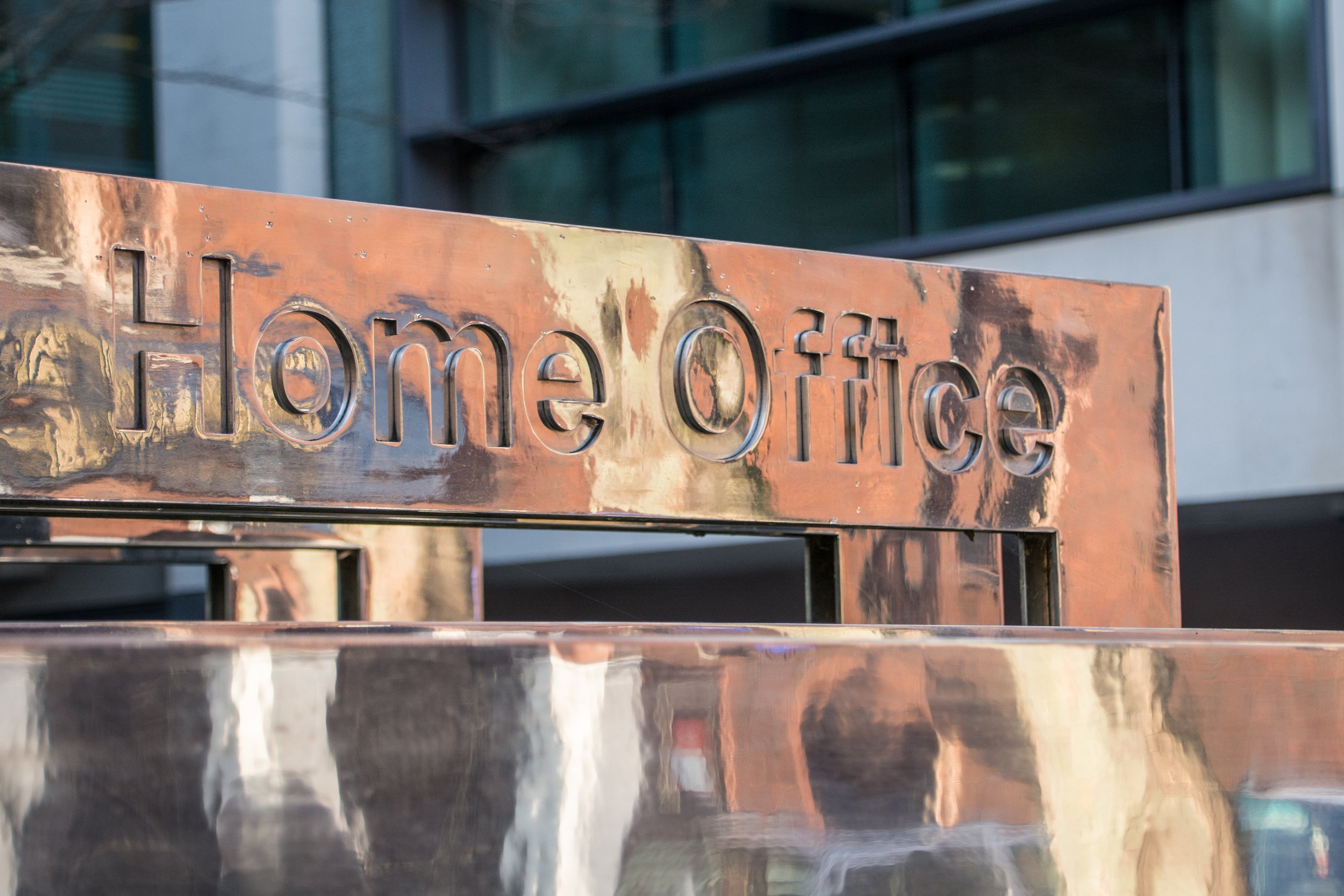
Home Office confirms changes to the EU Settlement Scheme
Changes to the EU Settlement Scheme announced on the 21st May 2024 will ensure that all those granted pre-settled status under the EU Settlement Scheme can continue to prove their rights easily, and bring greater clarity for those who are required to check immigration status, such as employers and landlords.
The changes support the Home Office’s practical implementation of the High Court judgment in the judicial review proceedings brought by the Independent Monitoring Authority for the Citizens’ Rights Agreements (IMA).
In response to that judgment, the Home Office announced changes to the EU Settlement Scheme in July 2023 to ensure that nobody loses their immigration status if they do not apply to switch from pre-settled to settled status.
Right to Rent and Brexit
Brexit and immigration are significant with the UK’s departure from the EU. Free movement between the UK and the European Union came to an end on 31 December 2020.
From 1 January 2021, the UK implemented a points-based immigration system that treats EU and non-EU citizens equally, prioritising individuals’ skills and talent over where a person comes from.
This means from 1 January 2021, if someone intent on travelling to the and who does not live in the UK or has rights under the Withdrawal Agreement, as an EU, EEA or swiss citizen, they will need to meet specific requirements in order to study or work in the UK.
Relevant checks, including UK criminality checks will have to be undertaken. A person can continue to visit the UK for up to 6 months without applying for a visa and may participate in a wide range of activities, including tourism, visiting family and friends, short term study and business-related activities, such as events and conferences.
Brexit deal details explained: what was agreed and what it means for the UK
Running to around 1200 pages, the deal agreed between Britain and the EU will form the bedrock of our future relationship for many years to come.
But what exactly has been agreed across trade, fishing, security and other areas of cooperation? Who has given ground and in which areas? And what will the deal mean for millions of people whose lives and livelihoods are interconnected with that of our largest neighbours and trading partner?
Level playing field
One of the unique aspects of the agreement, reflecting Britain’s former EU membership, its economic size and close geographical proximity is the so-called level playing field mechanism.
It commits both the UK and EU to maintain equivalent and common standards on social, labour and environment regulation. However, the deal does not force the UK to match every new EU regulation like-for-like and standards are not defined in reference to EU law, which was a key demand of the British. Instead, the deal contains something called a “rebalancing clause” that is designed to resolve disputes between the two sides. This novel element has two parts and has not been used in free trade treaties before.
The first is that if one side believes that the actions of the other have distorted fair competition then they can apply to a neutral arbitration committee to impose limited tariffs to redress the balance of unfair competition and “level the playing field”.
Be sure your Letting Agency is ready as the Brexit Transition ends
The Coronavirus has been the main topic of conversation for the last 8 months, pushing the previous hot topic to one side. Yet, in six weeks time, the UK’s transition out of the EU will have ended.
New immigration system: what you need to know. The UK is introducing a points-based immigration system from 2021.
On 13 July 2020, the government set out further details on the UK’s points-based system. These new arrangements will take effect from 1 January 2021, once freedom of movement with the European Union (EU) has ended.
It will treat EU and non-EU citizens equally and aims to attract people who can contribute to the UK’s economy. Irish citizens will continue to be able to enter and live in the UK as they do now.
Visa Application Process
New immigration routes will open later this year for applications to work, live and study in the UK from 1 January 2021.
